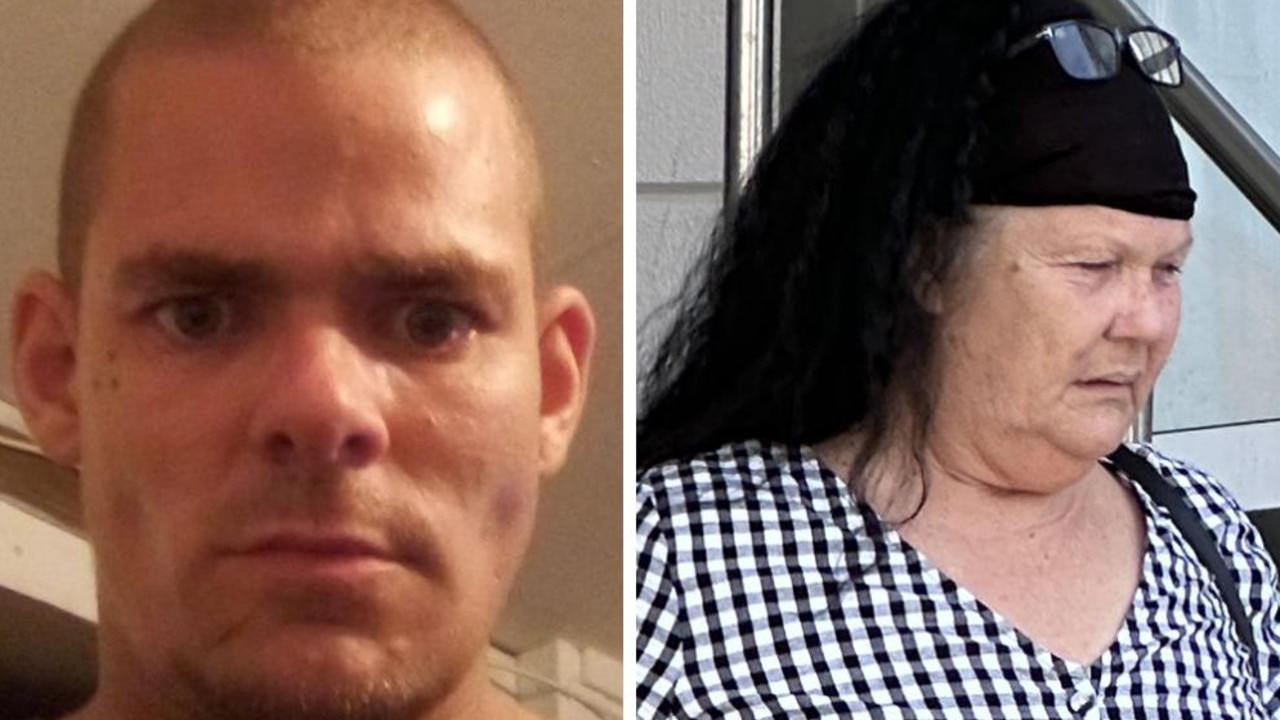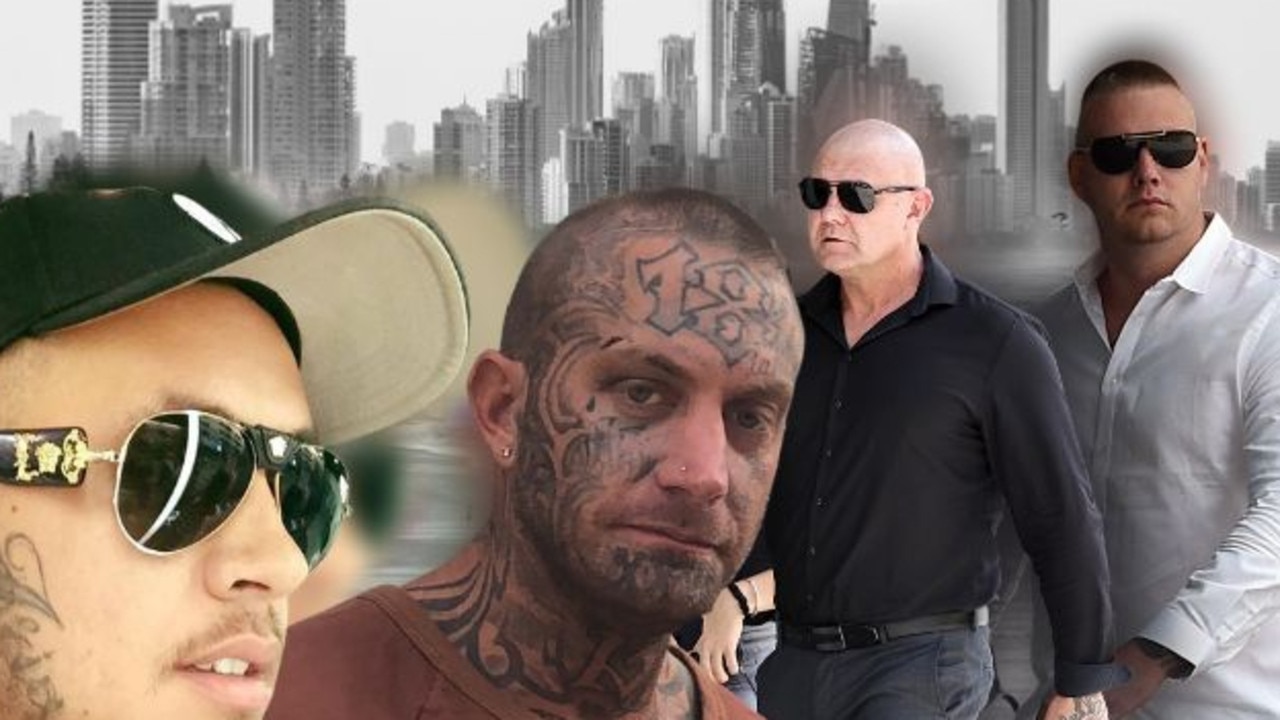How bikies use cryptocurrency, fake medical certificates to launder drug cash in Covid-19 pandemic
This is how bikies became Covid-19 superspreaders across Australia, as they escaped vaccine mandates to move drugs. Listen to Episode 2 of the Bikies Inc podcast.
Bikies Inc
Don't miss out on the headlines from Bikies Inc. Followed categories will be added to My News.
Bikies were Covid-19 superspreaders during lockdowns across Australia, as they sourced fake medical certificates to escape vaccination mandates and continue their drug operations.
It can be revealed outlaw motorcycle gangs, who regard themselves as the “one per cent” above the law, showed no regard to public health rules and were aided by either easily-fooled or corrupted doctors.
Up to a dozen accountants are also accused of aiding bikies move drug money around with cryptocurrency used to launder billions in cash.
“During the height of the crisis, organised crime was spreading the disease around Sydney more than anything,” NSW Assistant Commissioner Stuart Smith told the Bikies Inc podcast.
“And with the assistance of doctors – professional facilitators – obviously they were creating false documents or legitimate false documents to enable them to travel overseas and move about society,” Mr Smith said.
“I don’t know that any of them have been vaccinated.”
Mr Smith’s comments come as the mother of an alleged member of a Sydney crime family was arrested over claims she used a fake vaccination certificate to work at a primary school.
Jeanette Catherine Jeske, whose son Trent is allegedly a member of the Alameddine crime clan, was arrested at her home in Merrylands in July.
LISTEN TO EPISODE 2 OF THE BIKIES INC PODCAST:
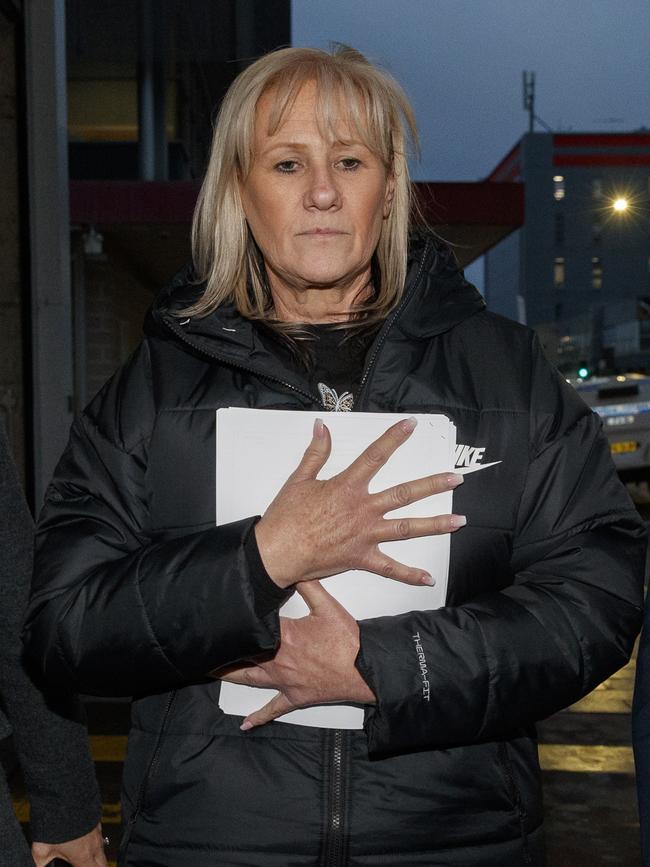
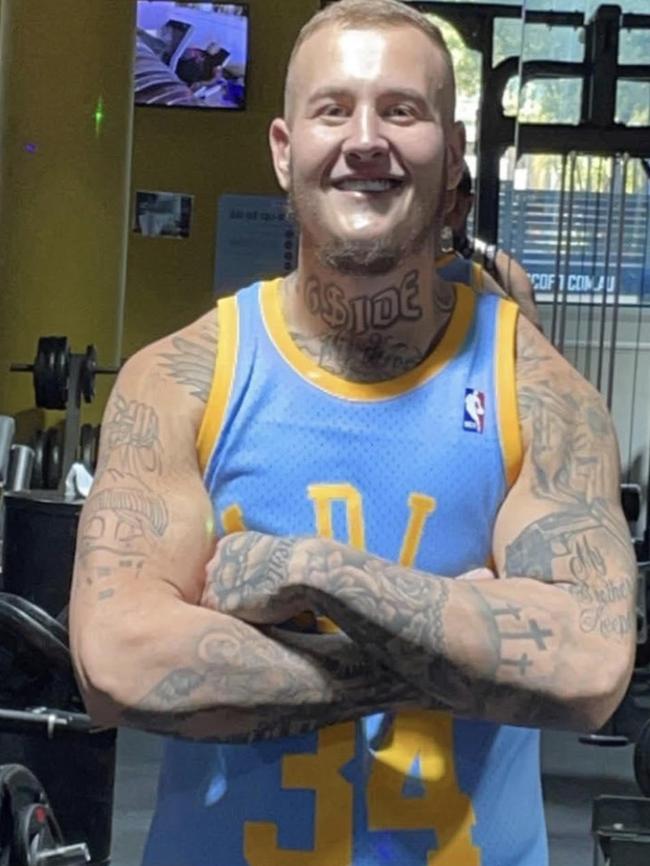
Aside from the matter with which she has been charged, there is no suggestion that Mrs Jeske has engaged in any wrongdoing.
The Alameddines have been linked to the Comanchero bikie gang.
Mr Smith also revealed how bikies were using cryptocurrency to launder their cash and how up to a dozen accountants were facing charges for helping gangs move their money.
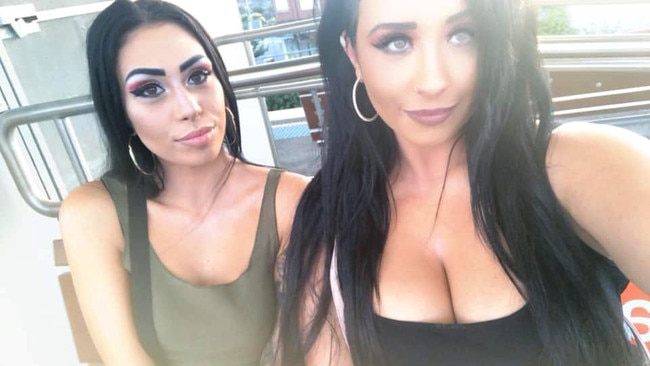
“The more recent one is cryptocurrency. Independent reserve indicates about $100 billion moving through the crypto currency world, and organised crime is looking very closely at it, and we’ve already started operations around dealing with the fact that they’re laundering money in crypto,” he said.
Criminals laundered more than $12 billion across the globe in 2021, up 30 per cent on the previous year, according to a report from Chainalysis.
And bikies have been exploiting the new currency exchanges because launderers charge fees of only four per cent, much less than traditional cash washing schemes.
“The world of crypto is quite difficult. You know, a couple of years ago, if you said policing had to be on the internet, we would have laughed at you,” Mr Smith said.
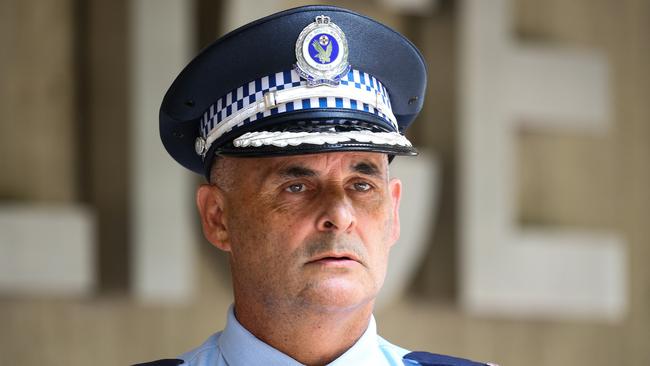
“But unfortunately, cyber-enabled crime has now required us to train specialised people.
“And we’re certainly looking closely at how they clean it and the dark web site underneath the internet. It’s as vast as eBay.”
Mr Smith said cryptocurrency had “sparked the interest of outlaw motorcycle gangs.”
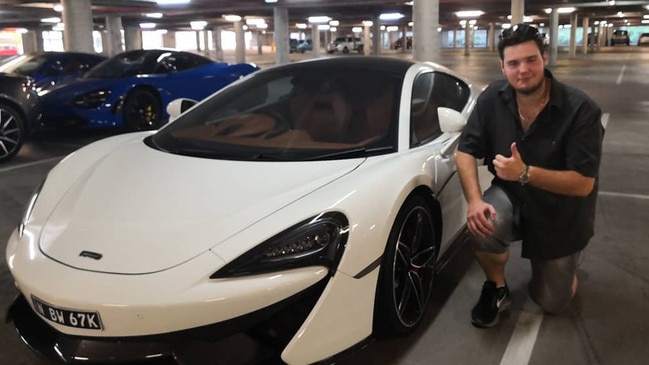
Maserati-driving home delivery drug dealer Cody Ronald Ward was among those using cryptocurrency.
He was convicted in May 2021 of running a $17 million drug empire from a holiday house at Callala Beach, almost three hours drive south of Sydney.
It is believed that much of his money was siphoned off into cryptocurrency, which police are trying to track down.
Ward was approached by Hells Angels bikies when he was imprisoned.
“We were aware that he’d thrown himself in with outlaw motorcycle gangs and obviously he’s now in jail. The first thing they did was check up on him when he went into jail,” Mr Smith said.
Ward claimed in court that the bikies had tried to extort him for money while inside and claimed he did not have an association.
Melbourne was locked down for a total of 262 days during the pandemic, while Sydney was shuttered for 107 days last year.
Originally published as How bikies use cryptocurrency, fake medical certificates to launder drug cash in Covid-19 pandemic


